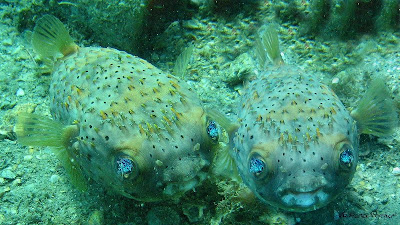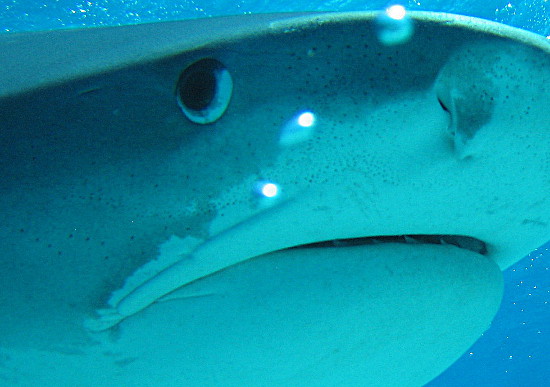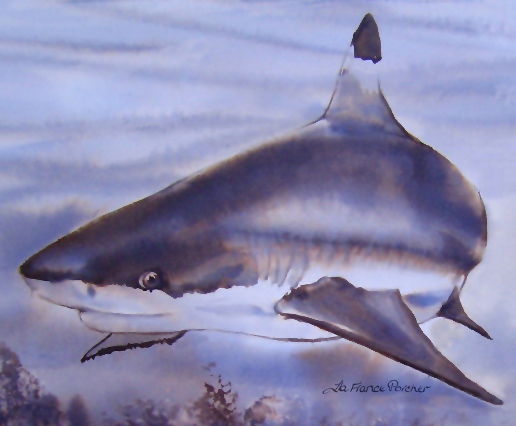Extinction Soup
Extinction Soup is the inspired name of a new, dramatic film on the shark finning crisis, which Hawaiian film maker, shark diver, and advocate, Stefanie Brendl is spearheading. Philip Waller is the writer, producer and director, Sidney Sherman is the producer, and Travis Aaron Wade is the co-producer. The film is expected to be released in early 2014. For more information, have a look at their site. http://www.indiegogo.com/projects/extinction-soup All support is much appreciated, and there are lots of perks for those who donate something to this important project. Congratulations Stefanie! Good on you all for creating this fantastic work on behalf of sharks!








